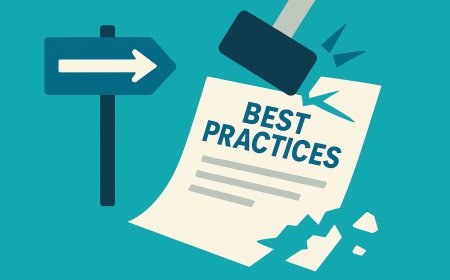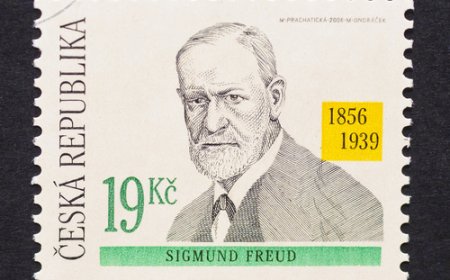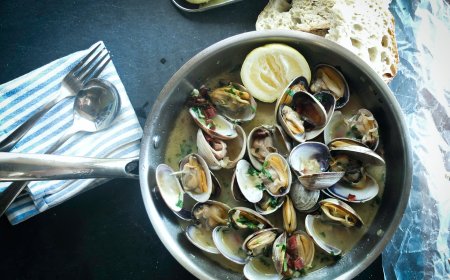Why Happy Hours Make Us Happier: The Surprising Reason We Drink More When We're Happy
Discover the psychological reasons why people are more likely to drink when they're happy than when they're sad, and how our daily experiences and emotions influence our alcohol consumption habit

Happy Cheers: The Link Between Joy and Drinking
Exploring the Science Behind the Tendency to Drink More During Happy Moments
There's a well-known saying that "alcohol is the cause of, and solution to, all of life's problems." While this statement might be an exaggeration, it does make us wonder why people are more likely to drink when they are happy rather than when they are sad. In this article, we'll dive into a psychological perspective to understand the connection between happiness and alcohol consumption, breaking down complex concepts into relatable daily experiences.
Positive Emotions and Social Drinking
One of the primary reasons people drink more when they're happy is the role of positive emotions in social settings. Alcohol is often consumed during celebrations, gatherings, and events where people come together to share good times. This is because alcohol has long been associated with relaxation and enjoyment, prompting individuals to indulge in alcoholic beverages when they're in a positive emotional state.
Drinking alcohol in social situations can also enhance feelings of happiness and well-being. Alcohol acts as a social lubricant, helping to reduce social inhibitions and promote bonding among friends and acquaintances. This leads to an increase in positive emotions, making people more likely to consume alcohol when they're already feeling happy.
Stress Relief and Emotional Regulation
While it's true that some people drink to cope with negative emotions, studies have shown that alcohol consumption is more strongly linked to positive emotions than negative ones. When people drink to relieve stress or sadness, it's often a way of numbing their emotions, which can be counterproductive and lead to increased feelings of depression and anxiety over time.
On the other hand, when people drink in a happy state, they're more likely to experience the pleasurable effects of alcohol, such as increased relaxation and reduced tension. In these cases, alcohol can serve as a form of emotional regulation, helping individuals maintain their positive emotions.
The Role of Expectations and Conditioning
Our expectations surrounding alcohol consumption can also influence our drinking habits during happy moments. Many people grow up associating alcohol with celebrations, parties, and other positive events, leading to the expectation that drinking will enhance their enjoyment and happiness.
This conditioning can be reinforced over time as individuals repeatedly experience the positive effects of alcohol in social settings. As a result, people become more likely to seek out alcohol when they're feeling happy and want to enhance their emotional state.
Cultural and Societal Factors
Cultural and societal factors play a significant role in the link between happiness and alcohol consumption. In many cultures, alcohol is deeply ingrained in social rituals and customs, making it an integral part of happy occasions and celebrations. This cultural influence can shape individual beliefs and attitudes toward alcohol, leading people to view drinking as a natural part of enjoying themselves and being happy.
Societal factors also contribute to the pattern of drinking more during happy moments. Events such as happy hours and holiday celebrations often encourage the consumption of alcohol, reinforcing the idea that alcohol and happiness go hand in hand.
The Takeaway
The connection between happiness and alcohol consumption is complex and multifaceted, involving a combination of psychological, cultural, and societal factors. By understanding these influences, we can gain a better grasp of our own drinking habits and make more informed decisions about when and how we choose to consume alcohol.
It's important to remember that while alcohol can enhance our enjoyment of happy moments, moderation is key. Excessive drinking can lead to negative consequences, both physically and emotionally. So, the next time you find yourself raising a glass to toast a happy occasion, be mindful of your consumption and enjoy the moment responsibly.
Disclaimer: The image(s) featured in this article are for illustrative purposes only and may not directly depict the specific concepts, situations, or individuals discussed in the content. Their purpose is to enhance the reader's understanding and visual experience. Please do not interpret the images as literal representations of the topics addressed.
What's Your Reaction?













































































































